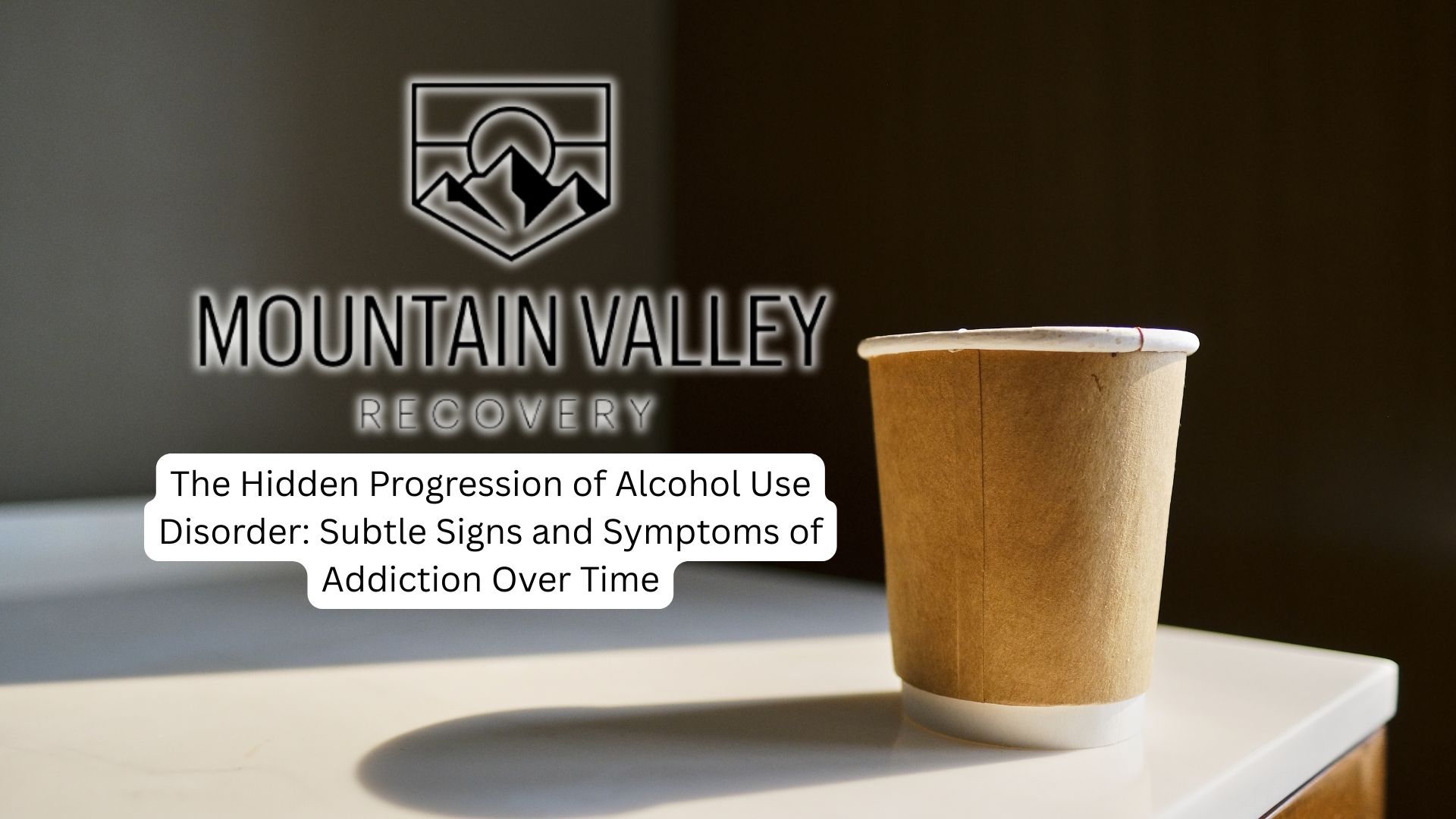Addiction counseling plays a crucial role in an individual’s path to recovery, providing a supportive environment where they can openly discuss the intricacies of their substance use and develop a plan for achieving sobriety.
This article explores the key topics that are commonly addressed during addiction counseling sessions.
Identifying and Replacing Unhealthy Habits
Identifying unhealthy habits is a crucial part of addiction counseling, as they often contribute to substance use by triggering cravings and increasing the risk of relapse.
Poor stress management and social isolation are common examples. Replacing these habits with positive activities, such as engaging in hobbies or exercising regularly, is essential for developing healthy coping skills and improving mental well-being.
In substance abuse treatment, group therapy sessions provide a platform for individuals to share their experiences related to bad habits. This allows members to learn from one another and collectively develop strategies for habit change.
Recognizing and Managing Addiction Triggers
During counseling, you’ll identify specific situations, emotions, or environments that may lead you to crave substances or engage in addictive behaviors.
These triggers could include stress, social situations, certain places, or even specific people that remind you of past substance use. Through self-reflection and discussion, you’ll develop an awareness of your personal triggers, which is crucial for effective recovery.
Your counselor will help you employ behavioral techniques and cognitive restructuring to manage your responses to these triggers effectively. Together, you’ll create a comprehensive aftercare plan that includes strategies for avoiding or coping with triggers, ensuring you maintain sobriety post-treatment.
Cultivating Forgiveness and Letting Go
In addiction counseling, you’ll learn that cultivating forgiveness is crucial for releasing resentment and emotional burdens that can hinder your progress and lead to relapse.
By practicing empathy, understanding different perspectives, and recognizing the benefits of freeing yourself from anger, you’ll develop strategies for letting go of grudges.
Sharing your experiences of forgiveness in group therapy can create a supportive community, helping you feel less isolated in your struggles.
Addressing Negative Thinking Patterns
Negative thinking patterns can be another major roadblock on your path to recovery, often going hand-in-hand with the resentment and anger that forgiveness helps to alleviate.
Your addiction counselor will help you identify and challenge these negative thoughts using cognitive behavioral therapy techniques. Substance abuse can be fueled by cognitive distortions like all-or-nothing thinking, which hinders your recovery.
Developing self-awareness is crucial for recognizing automatic negative thoughts and replacing them with balanced, positive perspectives. Your counselor will guide you in practicing mindfulness and gratitude to reframe negative thinking and improve your mental health.

Developing Coping Strategies and Life Skills
You’ll learn to identify triggers and create personalized techniques to manage cravings, preventing relapse. Stress management skills, such as deep breathing and mindfulness, will help you cope with anxiety and emotional distress.
Life skills training in addiction counseling enhances abilities like time management, communication, and problem-solving, contributing to personal growth and independence.
You’ll establish healthy routines and self-care practices, promoting overall well-being and resilience.
Role-playing and group discussions will allow you to practice and reinforce these strategies, gaining confidence in your ability to handle real-life situations as you maintain sobriety and build a fulfilling life in recovery.
Exploring Personal History and Trauma
Addiction counselors know that past experiences, including family dynamics and significant life events, can contribute to the development of substance abuse. Trauma, in particular, can deeply impact mental health, leading some to cope through addiction.
In substance abuse group therapy and individual sessions, you’ll work with your counselor to safely process traumatic experiences. Sharing your story can reduce isolation and promote healing.
Your counselor will use evidence-based techniques to help you build resilience and develop healthy coping strategies for managing emotions and stress.
Final Thoughts from Mountain Valley Recovery
Our inpatient addiction treatment program for men in Utah is designed to address the complex nature of addiction through comprehensive counseling. From understanding the roots of addiction to developing coping strategies, our counselors guide men through a transformative process. We aim to foster open dialogue, where topics like relapse prevention, emotional management, and building healthy relationships are not just discussed but actively worked on.





